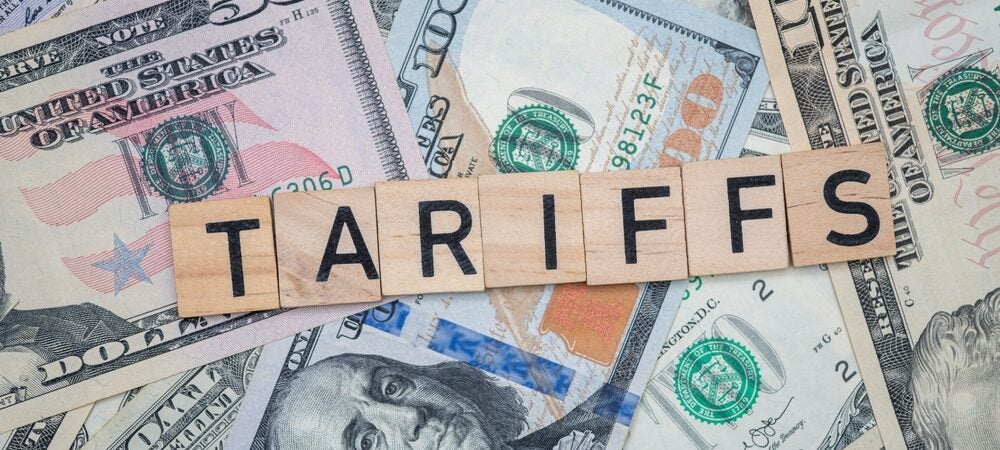Editor’s note: We were preparing to highlight NFTC President Jake Colvin’s recent op-ed for the Council on Foreign Relations, The Tariff Costs Are Worse Than You Think, when two federal courts struck down the President’s use of the International Emergency Economic Powers Act to impose tariffs on goods from nearly every country. We asked Jake to explain why the tariffs are (still) worse than you think:
While the Courts’ rulings are welcome, even a successful challenge to the President’s use of IEEPA tariffs would offer only partial relief to American businesses and consumers. For one, the Administration is already utilizing a host of other authorities to impose tariffs and could expand those efforts to achieve a universal baseline tariff. Their broad use of Section 232 authorities to impose duties on steel, aluminum and derivative products could potentially see tariffs applied to everything from furniture to advanced electronics to cough syrup if the Administration presses ahead with new investigations on medicines, lumber, semiconductors and other sectors.
In the short term, as the appeals process plays out and the Administration contemplates its next steps, the courts’ rulings threaten to increase uncertainty, which has real costs for business. Meanwhile, companies continue to contend with new costs of doing business from tariffs and other recent trade policy changes. New requirements compel companies to report the weight, value, and provenance of steel and aluminum in downstream products and, in other cases, identify multiple Harmonized Tariff Schedule classification codes for a single import. Restrictions on trade facilitation policies like de minimis and duty drawback will result in added costs for companies and slow supply chains.
With the “Liberation Day” tariffs in flux, the Administration has a unique chance to focus attention on addressing other countries’ trade barriers in exchange for offering them relief from existing and future U.S. tariffs – including sectoral tariffs. The promise of certainty ought to be a compelling reason for America’s trading partners to strike deals. If the Trump Administration fails to double-down on its dealmaking, the tariff costs will still be worse than you think.
The Tariff Costs Are Worse Than You ThinkTo read the full article as published by the Council on Foreign Relations, click here.


